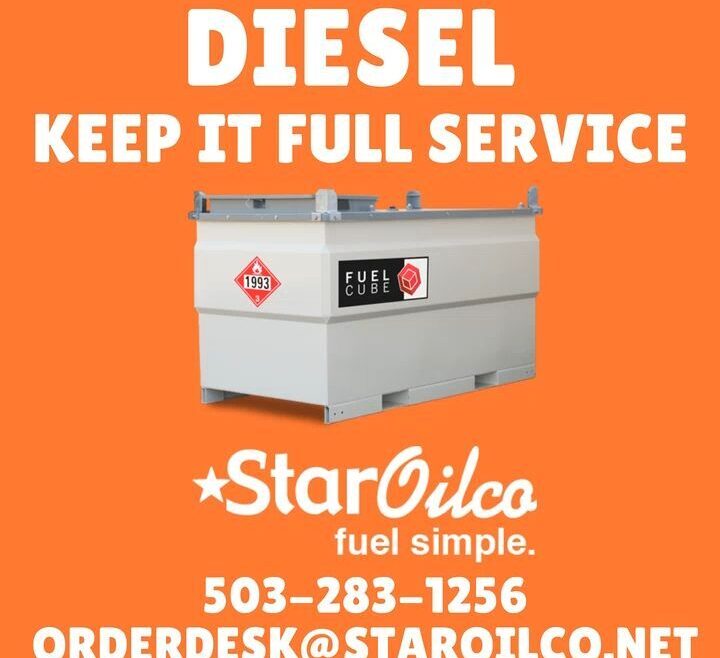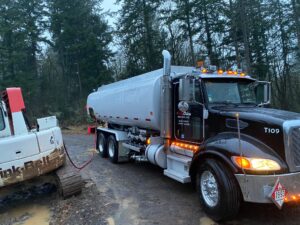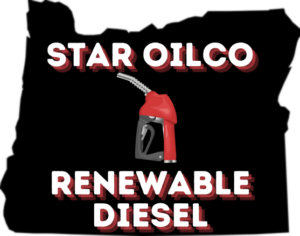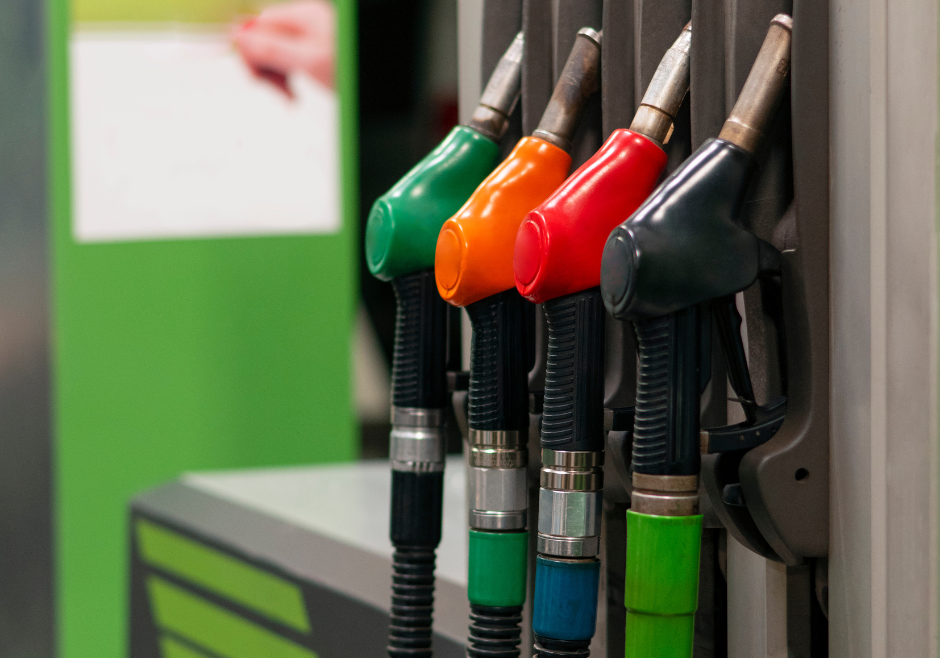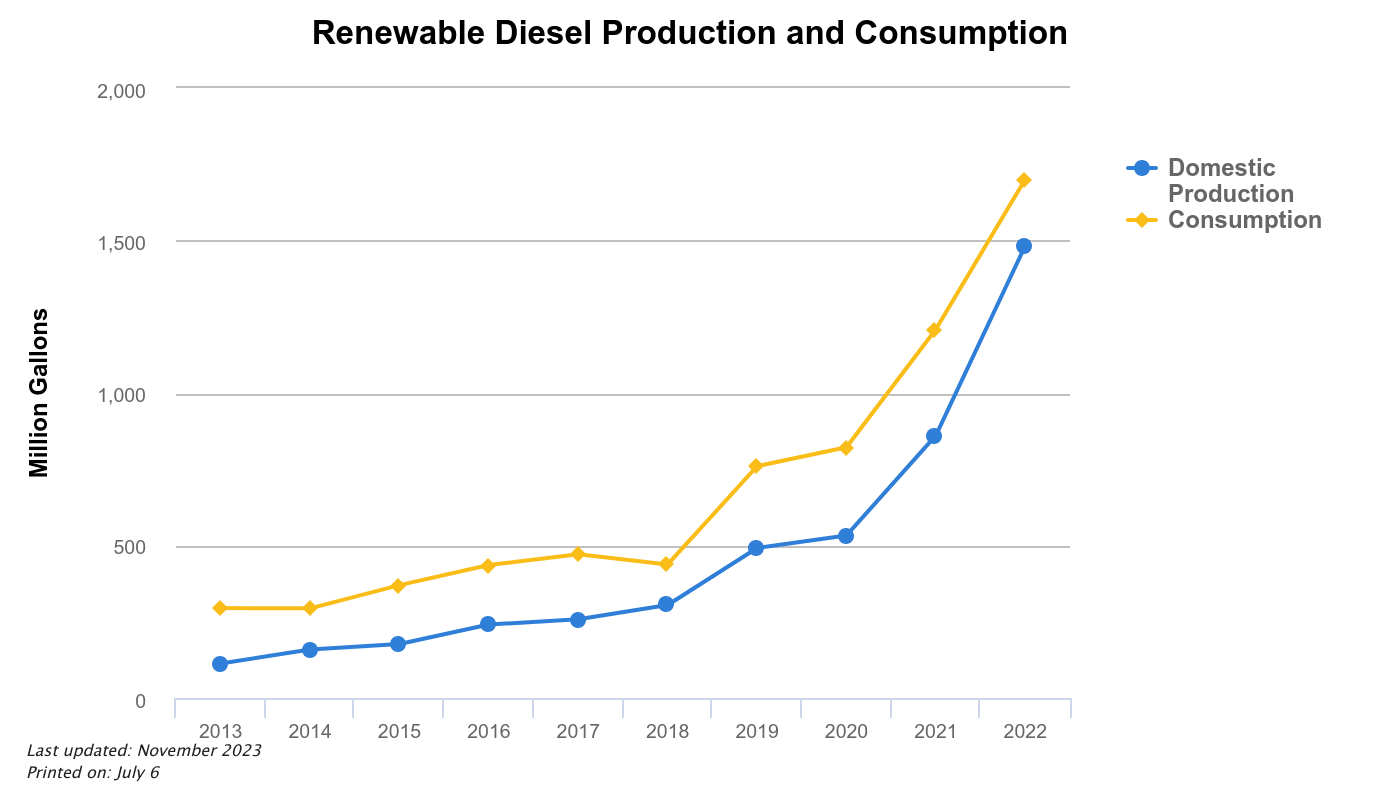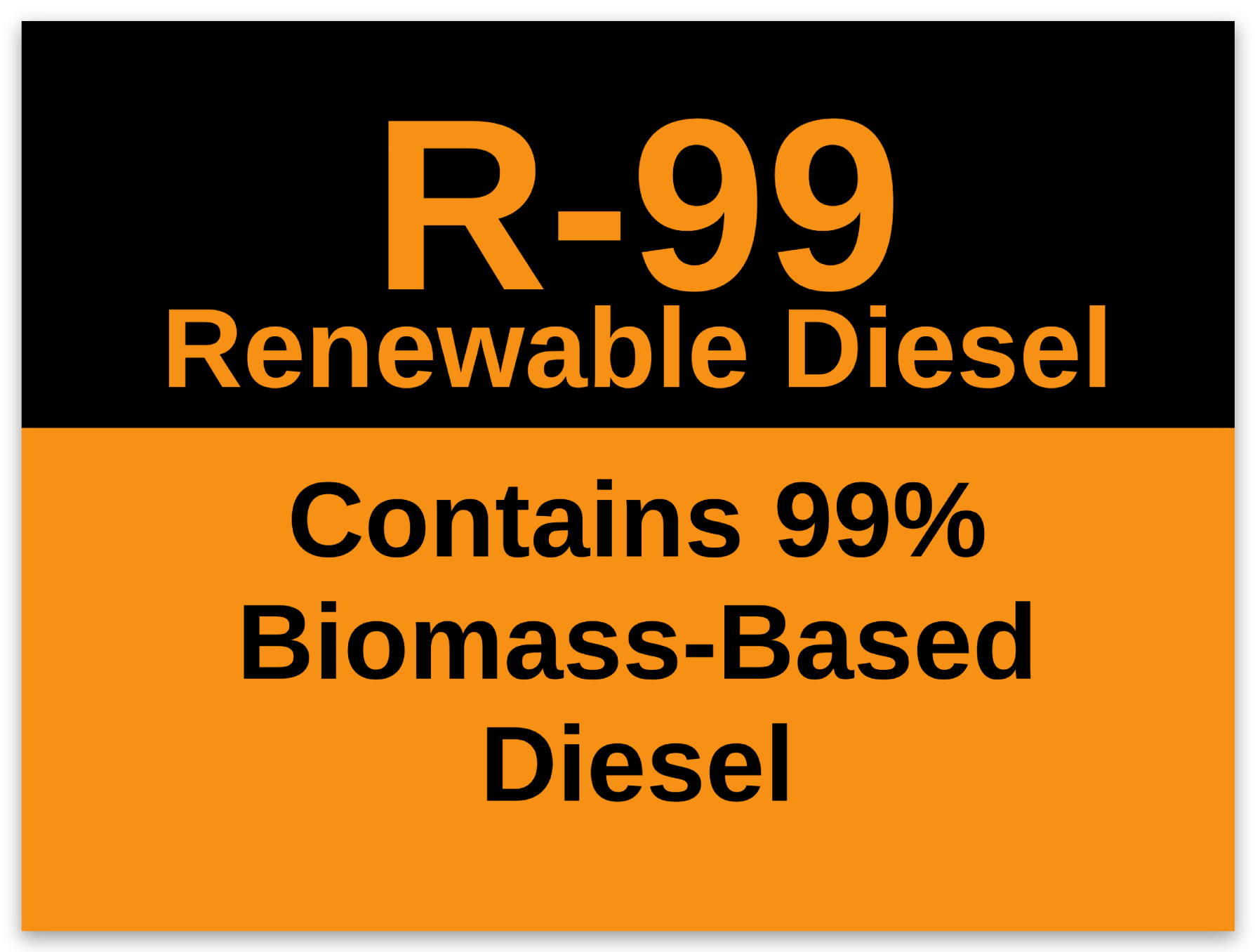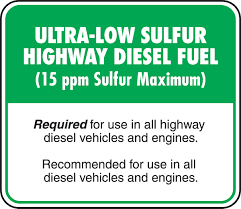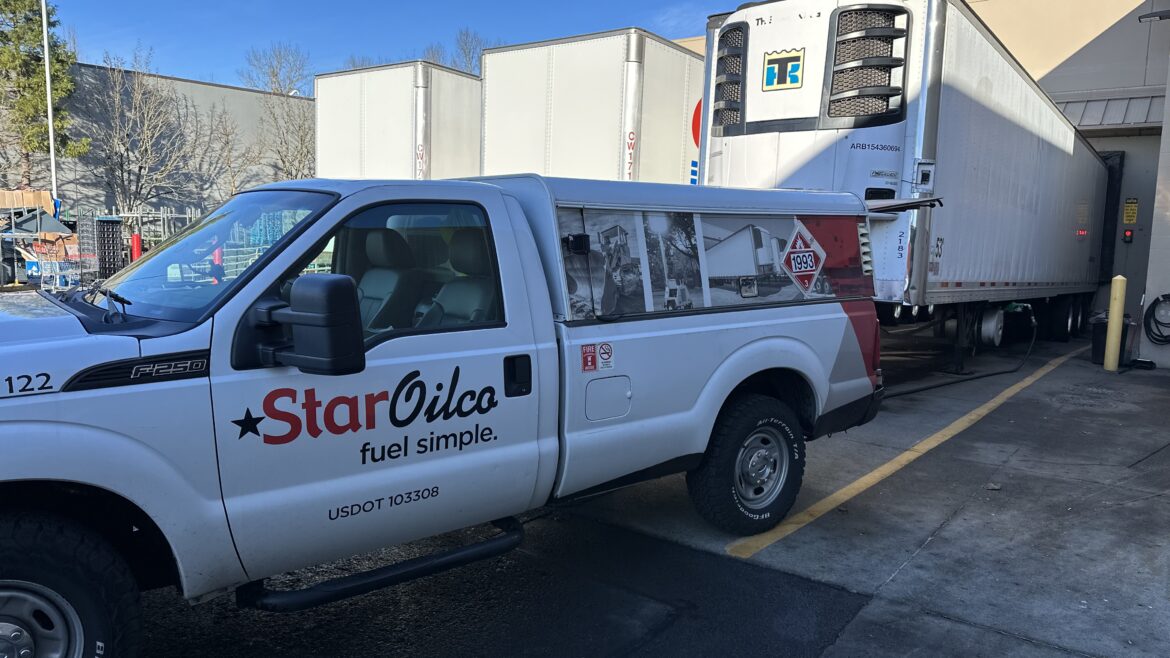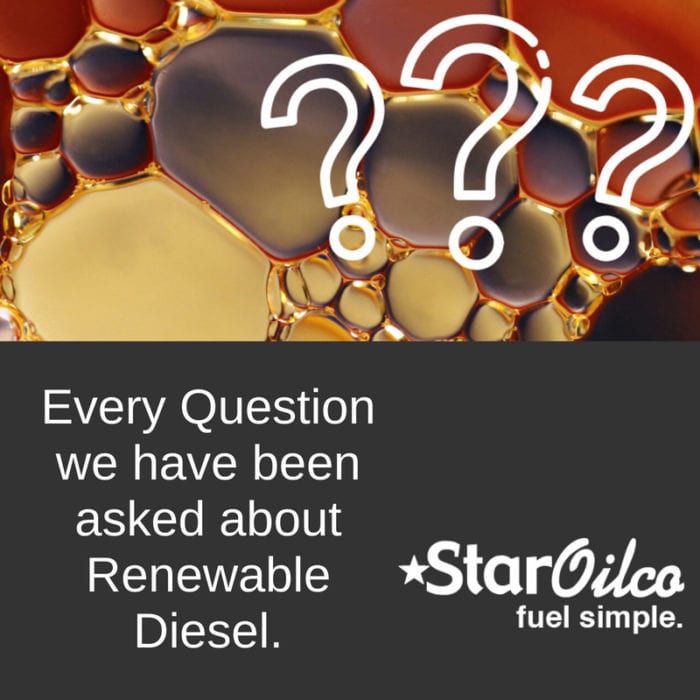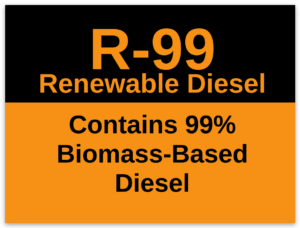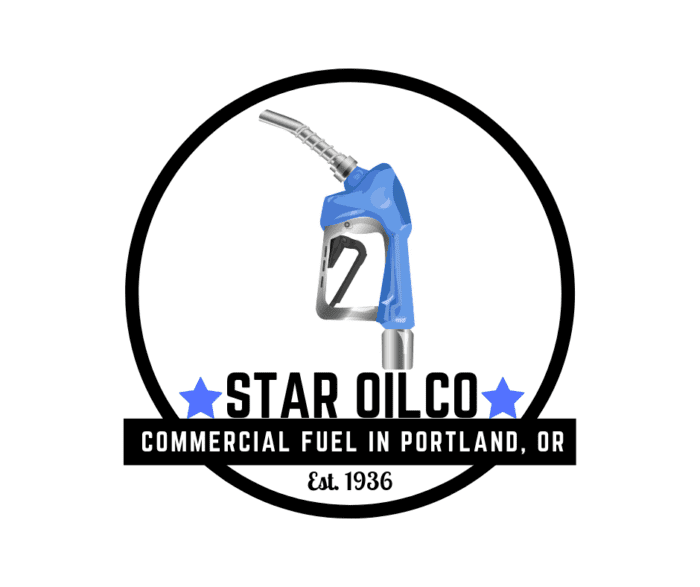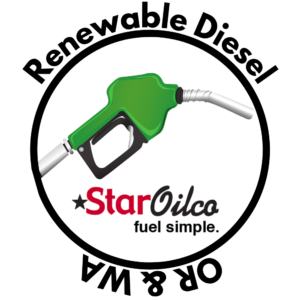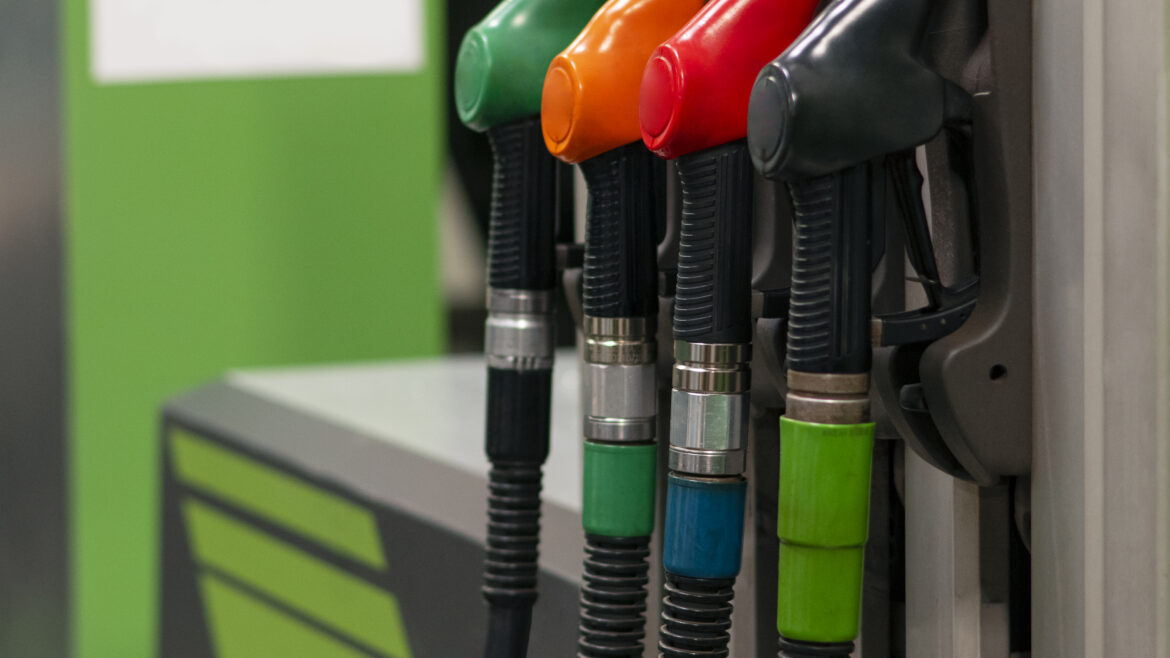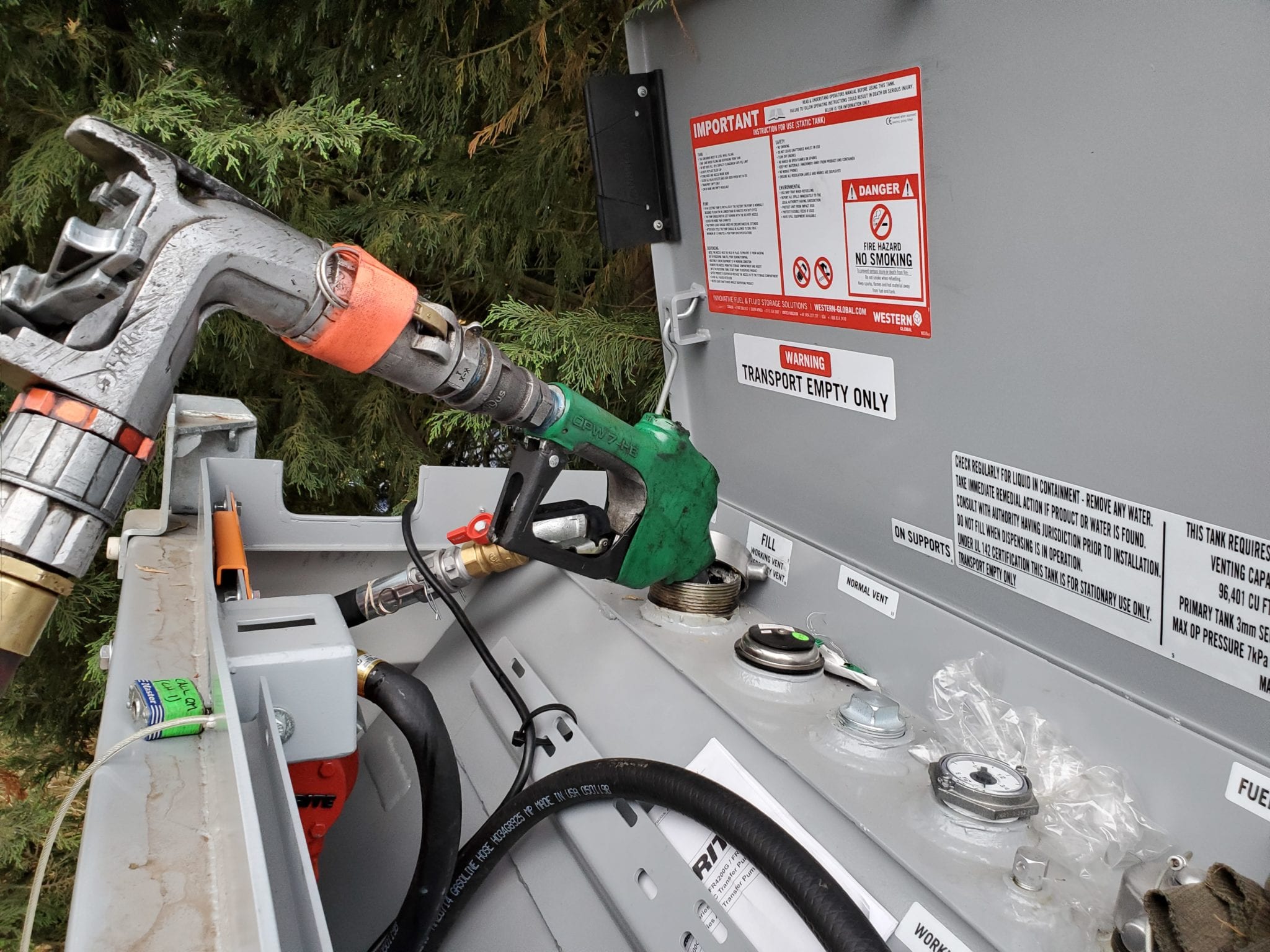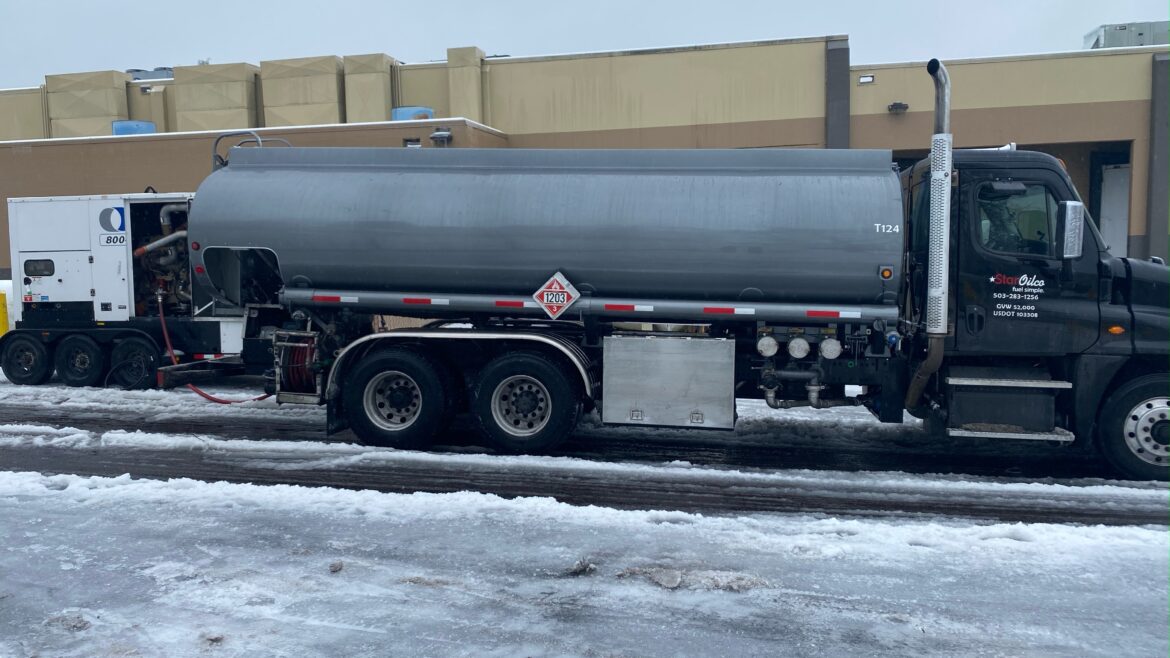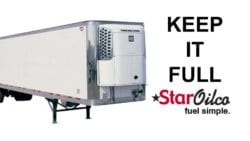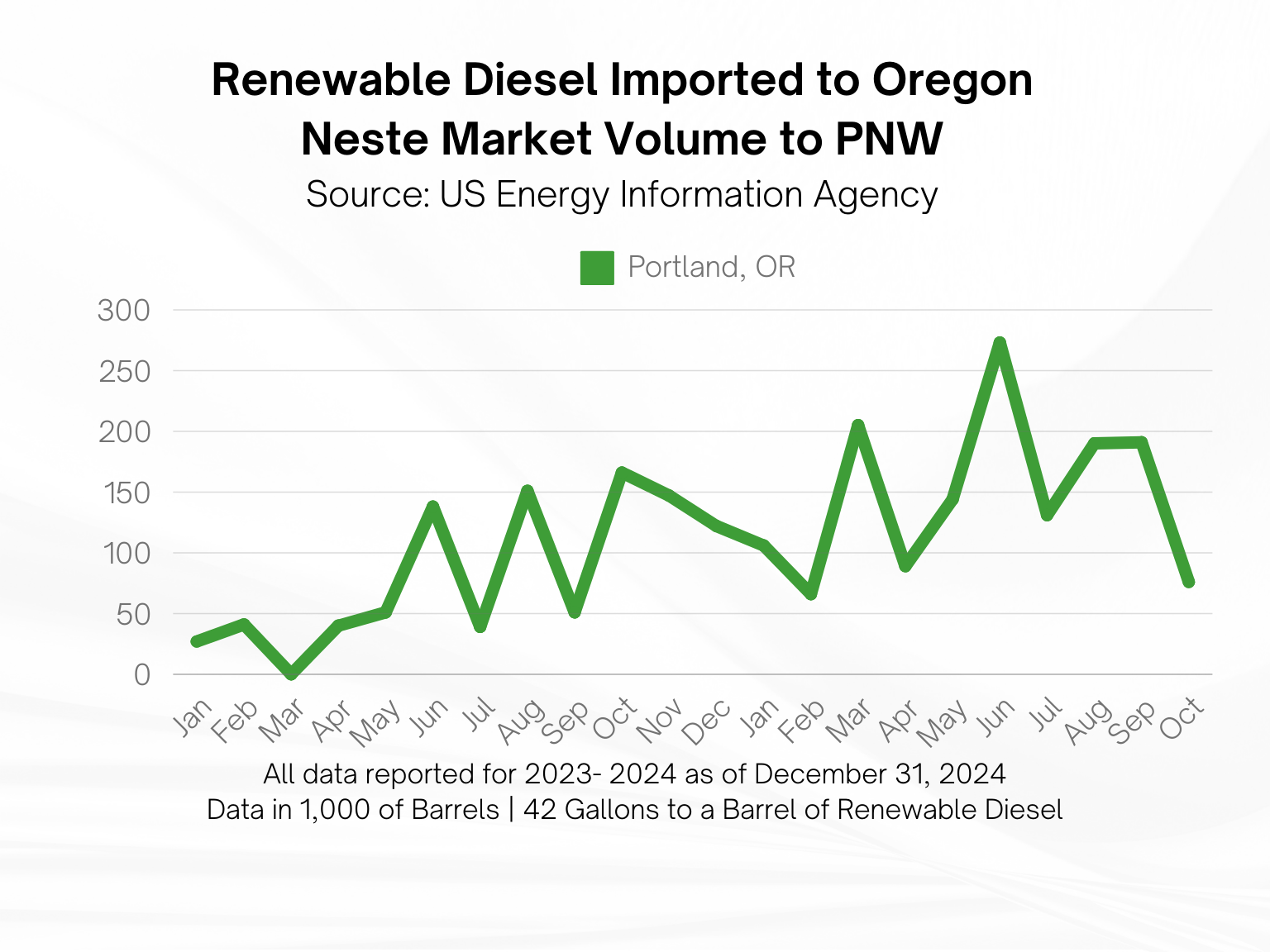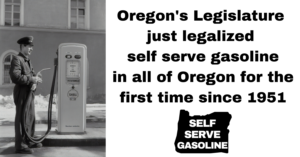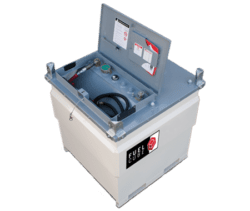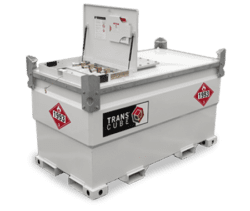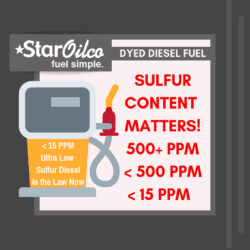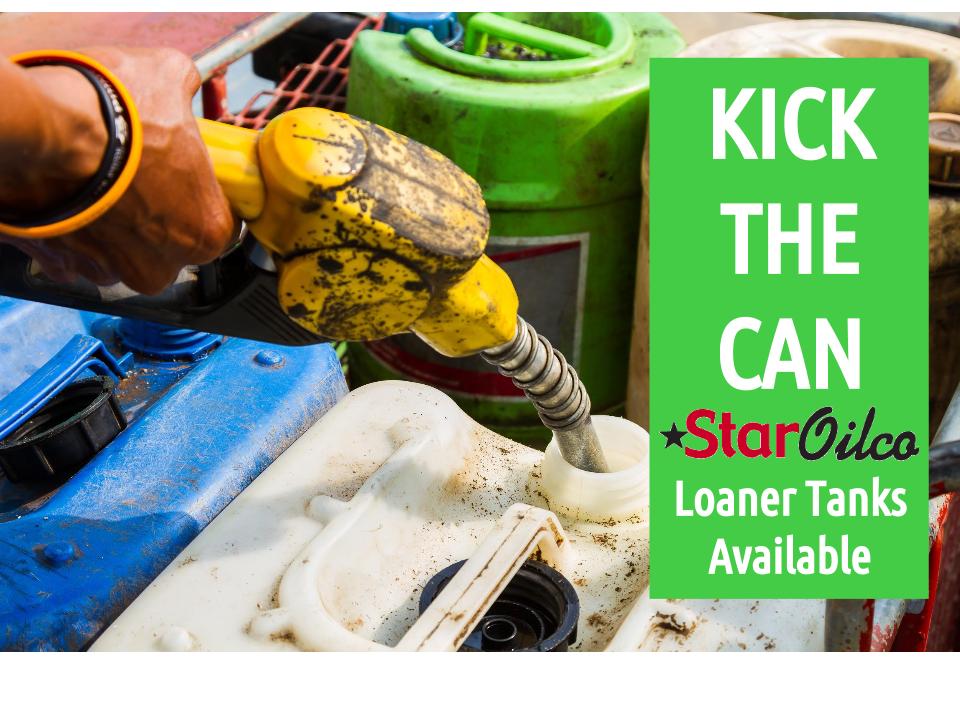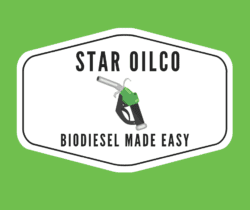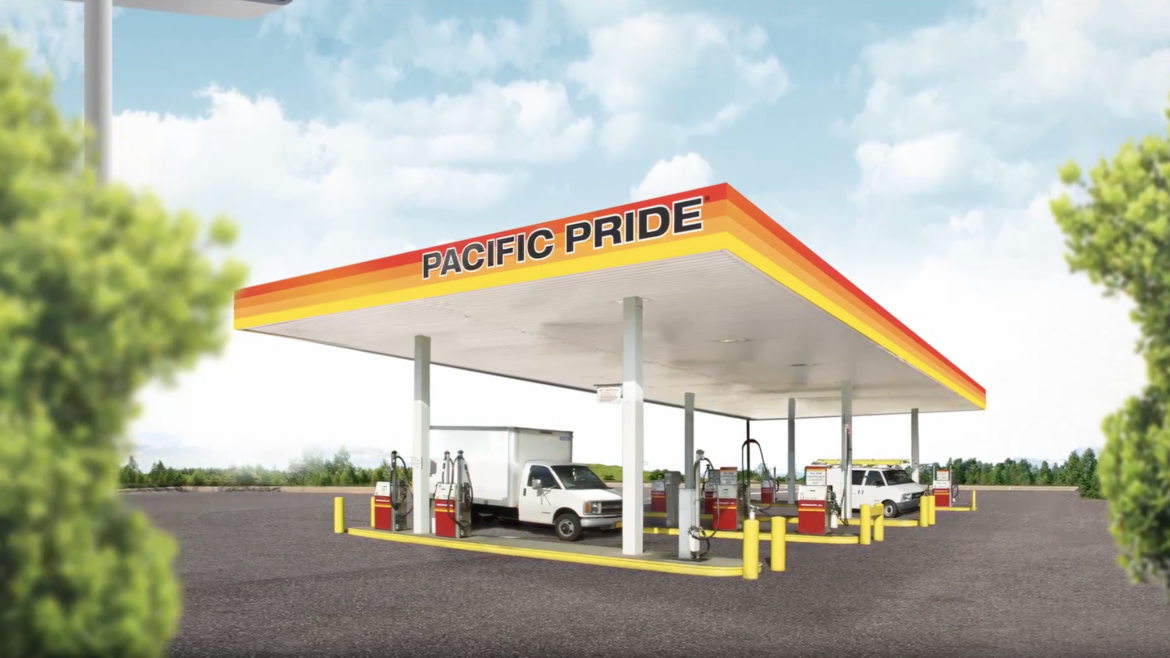Diesel Fueling for Construction Jobsites
Diesel fueling for construction jobsites in Portland, Oregon.
Keep full service for construction jobsites with R99 Renewable Diesel available.
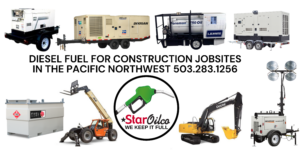
If you are managing a project we will keep that jobsite full.
Diesel fueling for construction jobsites seven days a week in the Portland metro region. We have a variety of diesels accompanied with DEF top off to keep your operation running without interruption. We can provide a consistent schedule to keep going seven days a week. If you are running generators, blowers, heaters and other 24-7 equipment we can keep those running through the weekends. Our autofill construction service can provide the fuel you need, tanks for your project, and regular scheduled service to guarantee uptime.
Does your diesel fueling for construction needs call for a guaranteed stops on a schedule? Do your projects sometime require every 12 hour or 6 hour fueling? Does you fueling project needs call for generators, heaters, reefer-trailers, light sets, and yellow iron? Star Oilco can do a few gallons wet hose fueled into your equipment to 100,000+ supply contracted for your project. We have trucks dispatched seven days a week with several shifts. Star Oilco can do twice a day fueling if needed for your project including regular 0 gallon stop by visits to confirm your equipment is running.
We can keep your generators running, your heaters blowing hot air, your pumps pumping, and your crew running without having to stop for fuel or DEF!
Jobsite fueling service to meet the needs of your project management.
Off Road Diesel, Dyed Renewable Diesel and DEF available for your project need.

Keep Full Mobile Onsite Fueling
Star Oilco can provide scheduled mobile fueling to your jobsite seven days a week. Our diesel construction fuel service includes onsite tanks as well as DEF equipment for your project needs. At start of shift and end of shift schedule is also available for delivery.
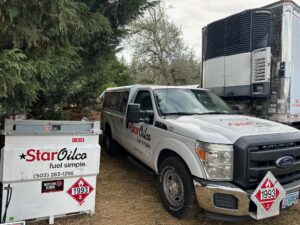
Tight Access Diesel Construction Fueling Available.
Star Oilco’s fleet includes smaller fuel trucks able to access tight to reach areas in parking garages, active facilities, back alleys, inside buildings, and other hard to reach areas required by a project.
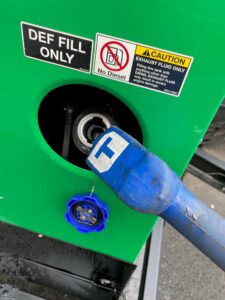
DEF Delivery Included with your Diesel Fueling.
Diesel Exhaust Fluid (DEF) keep full and bulk delivery service to your jobsite. We have DEF bulk equipment as well as boxes available for your project. What you want for your operations is what we want. Keeping those small DEF tanks full and generators running is what we can do for you. We are here to make it easy.
Dyed Renewable Diesel for your Diesel Construction Fueling needs.
Does your project require a lower CO2 footprint? We have off-road R99 Renewable Diesel on our trucks daily. Star Oilco also has multiple sources for R99 in the Pacific Northwest for your needs to guarantee supply. If large volumes are needed for Renewable Diesel for a project in the future we can enable a contract to meet these needs.

Diesel Fueling Construction Tanks available.
Star Oilco has fuel tanks available for your project. Our typical inventory of tanks sizes are 250 and 500 gallon UL142 double wall thanks. We have 100 and 50 gallon fuel cells for moving fuel around a jobsite in the back of a fuel truck. Larger sizes available for longer term and larger projects with advance planning.
 Star Oilco can provide your project with the fuel you request.
Star Oilco can provide your project with the fuel you request.
– B5 ULSD Dyed Diesel
– B20 ULSD Dyed Diesel
– Dyed R99 Renewable Diesel
– E10 Gasoline
– Non-Ethanol Premium Gasoline
– Kerosene, and others if the project calls for it.


